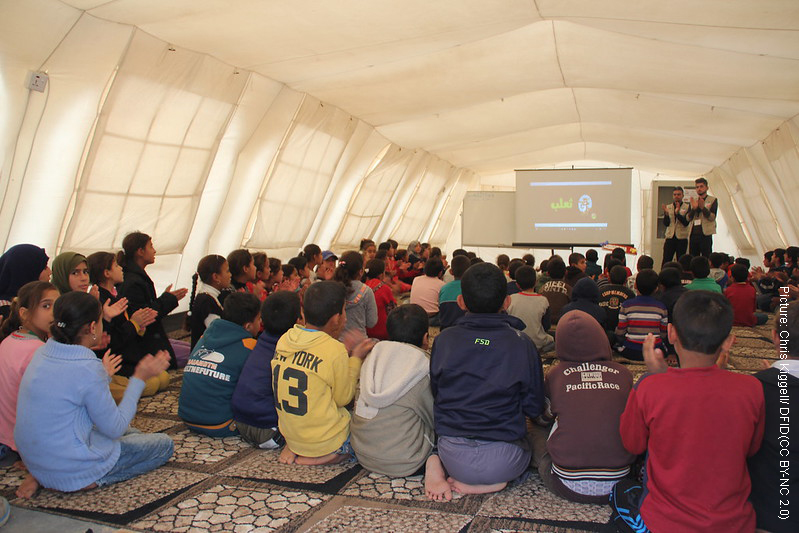Convenors: Rebecca Telford and Yulia Nesterova
As we are re-emerging from the ‘learning catastrophe’ created by the pandemic, we need to focus on re-building education systems and learning spaces better – so that they become more inclusive, responsive, and equitable. This theme seeks to learn from diverse contexts to imagine what such new learning spaces can look like – looking at the conceptual, physical, and virtual.
We welcome empirical research, theoretical and conceptual pieces, as well as lessons from practice for all the levels and forms of education and training, from formal to non-formal and from pre-primary to tertiary, adult basic education to lifelong learning.
Proposals may address some of the following questions:
- What does an ideal classroom/learning space that can facilitate learning look like?
- How have learning spaces been reimagined in response to COVID-19? How can we ensure that this reimagining will not lead to further exclusion of vulnerable groups?
- What can we learn from learning spaces and practices which Indigenous people, religious, linguistic, and minority groups, including displaced people, engage in?
- Once established, how can alternative learning spaces be sustained?
- What new organisational structures, roles, functions, and relationships might we see in education and training systems as a result of scaling up of such alternative systems?

